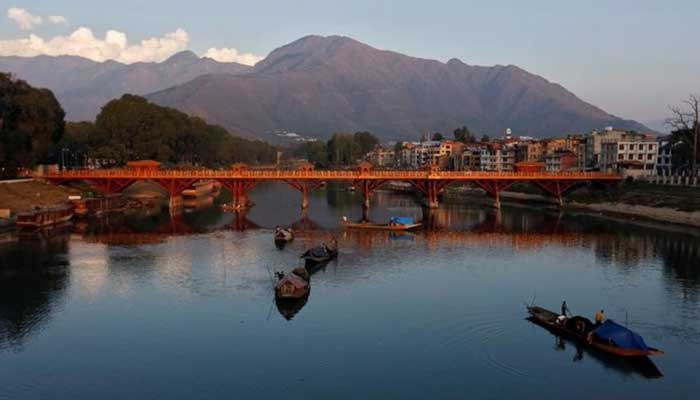Experts Claim Indus Water Treaty Cannot Be Unilaterally Suspended
Following retaliatory diplomatic measures initiated by India against Pakistan in the wake of the Pahalgam incident, veteran diplomats and subject matter experts have asserted that New Delhi lacks the authority to unilaterally suspend or revoke the Indus Water Treaty, which was facilitated by the World Bank in 1960.
These actions from India transpired on Wednesday, subsequent to the reported deaths of at least 26 tourists in Indian Illegally Occupied Jammu and Kashmir (IIOJK).
Former High Commissioner of Pakistan to India, Abdul Basit, stated that the Indus Water Treaty is protected against unilateral suspension or termination and advised against creating unnecessary alarm. He also voiced concerns that India might consider taking detrimental actions against Pakistan.
Basit noted that with bilateral trade already halted, the closure of the Wagah-Attari border holds limited significance for Pakistan. He urged vigilance, cautioning that “India can make any move.”
Former ambassador and PPP Senator Sherry Rehman echoed Basit’s views, emphasizing that treaties cannot be unilaterally suspended or terminated. She recalled a past instance during President Clinton’s visit in 2000 when India accused Pakistan of an attack in IIOJK, an allegation later disproven.
Referring to the recent incident in IIOJK, Rehman suggested that initial indicators pointed towards a potential false flag operation.
Former senator Mushahid Hussain Syed mirrored these sentiments, suggesting India is exploiting the Pahalgam incident to potentially suspend the Indus Water Treaty to exert pressure on Pakistan. He emphasized the Indus Water Treaty as a bilateral international agreement between Islamabad and New Delhi, asserting that any attempt by the Modi administration to impede Pakistan’s water supply would contravene international law and could be considered an act of aggression.
Syed also stressed the importance of informing the UN Secretary-General about the unfounded accusations made by India against Pakistan.
“We stand prepared at all levels to deliver a proportionate response to India,” Syed affirmed.
The Indus River, one of Asia’s longest rivers, traverses politically sensitive borders, including the boundary between India and Pakistan in Kashmir, both of whom are nuclear powers.
The 1960 Indus Water Treaty was designed to ensure water sharing between the two nations, but it has been a source of recurring disputes.
Pakistan has long harbored concerns that India, positioned upstream, might restrict its water access, thereby negatively impacting its agricultural sector.



Comments (0)
No comments yet. Be the first to comment!
Leave a Comment